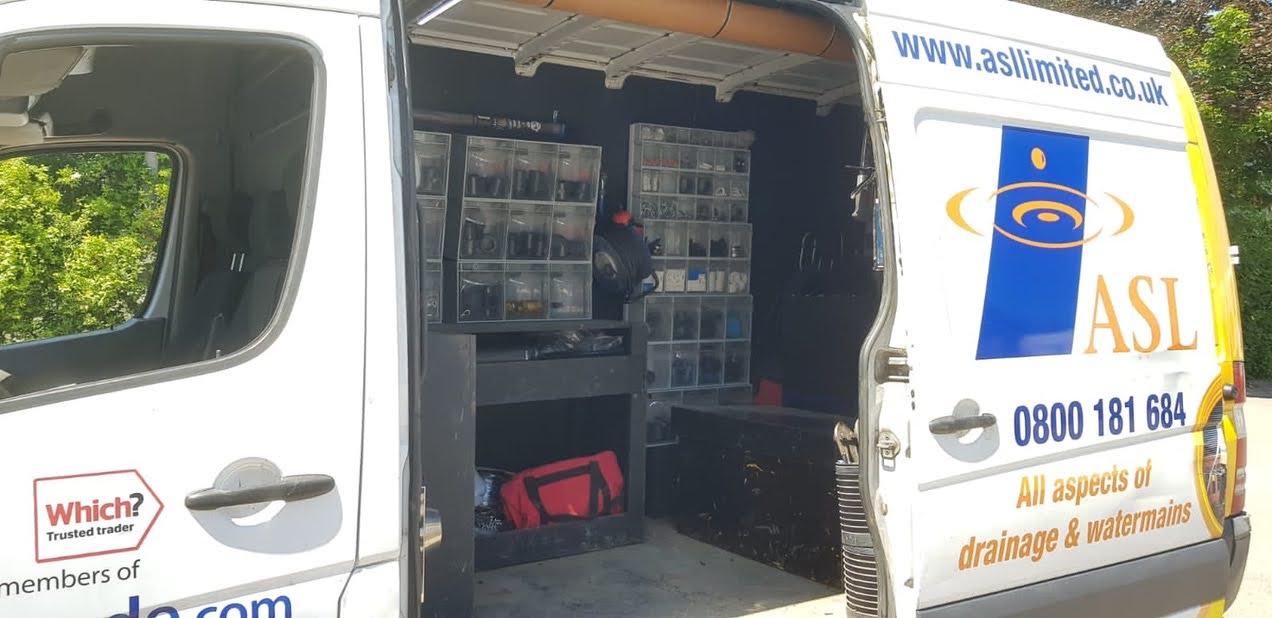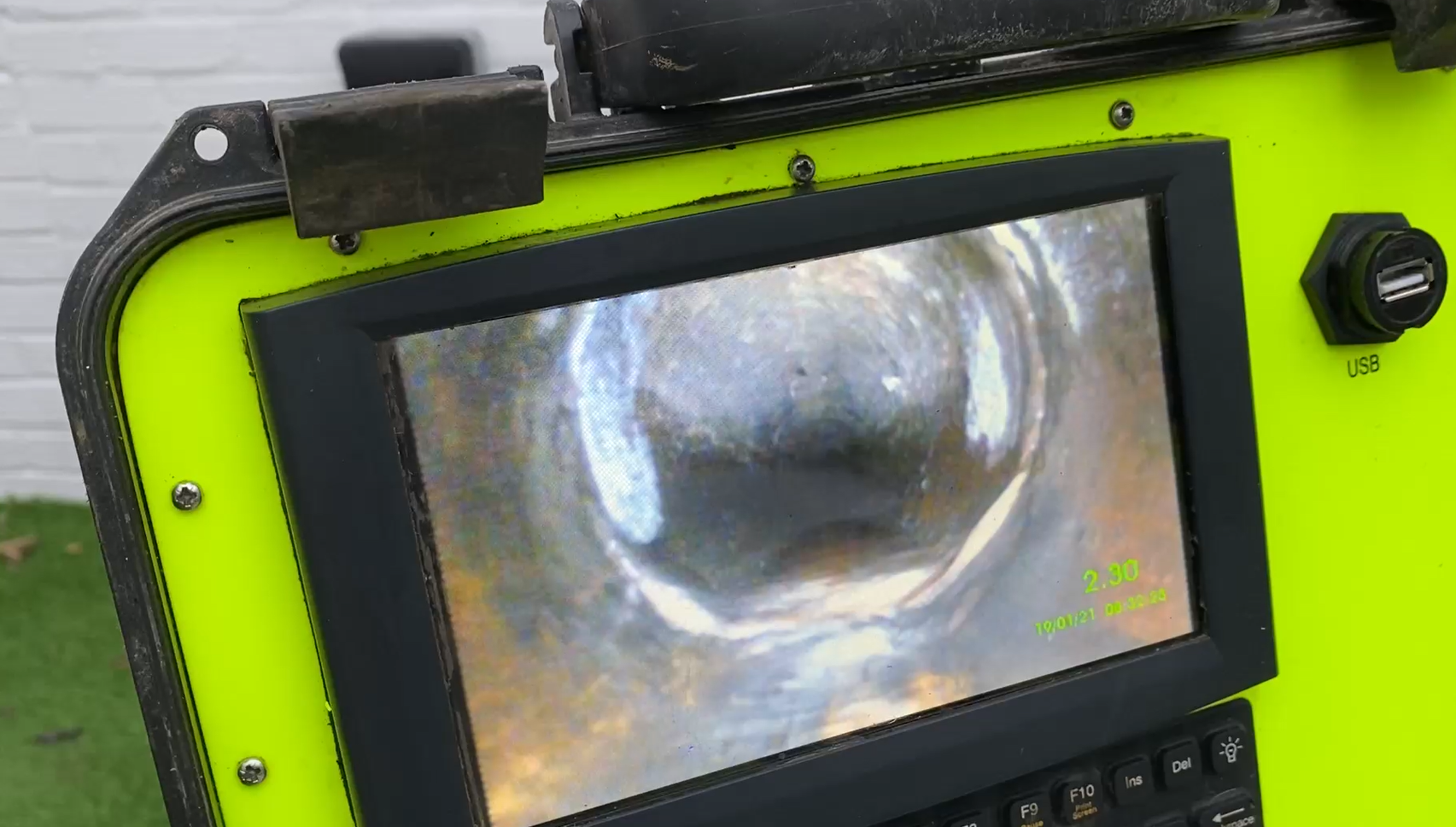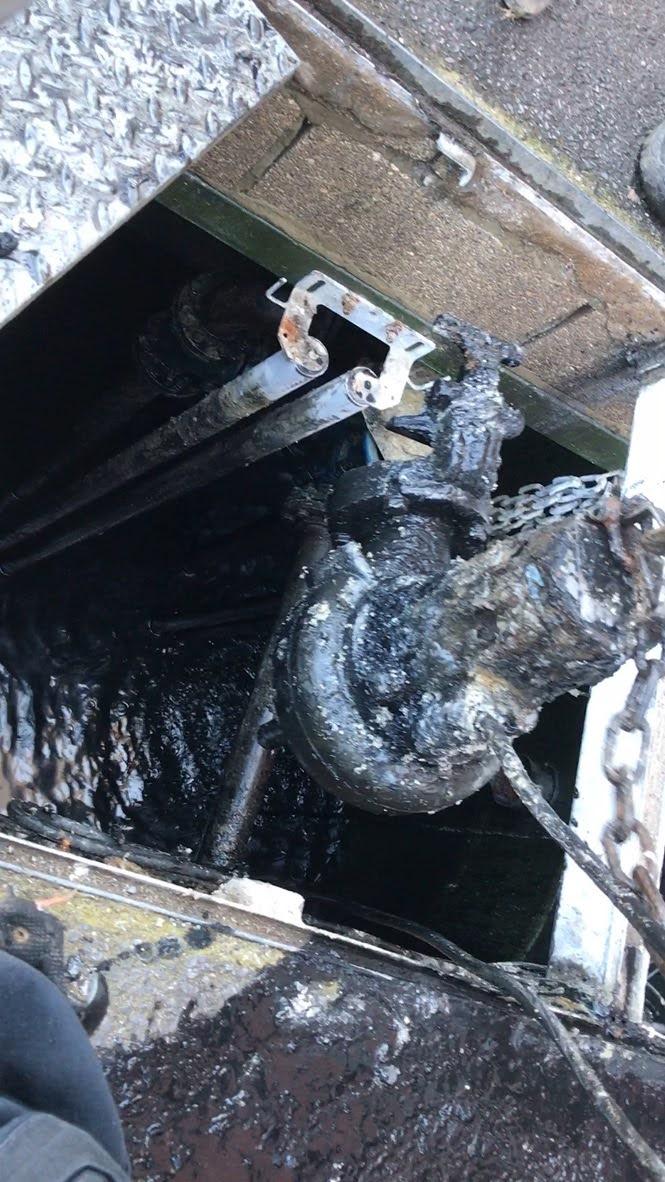Effective Maintenance of Pumping Stations, Septic Tanks, and Treatment Plants

Proper maintenance is essential for the efficient operation of private drainage systems, including pumping stations, septic tanks, and treatment plants. Routine upkeep not only ensures the system functions correctly, but also reduces the risk of costly repairs and potential environmental damage.
Key Considerations
Communication
Ensure clear and consistent communication between the maintenance crew and the tanker driver. Miscommunication can lead to important maintenance steps being missed or carried out incorrectly.
Regular Maintenance
We recommend scheduling maintenance every six months to a year. This should include a full emptying of the holding tank to maintain optimal performance.
System Overload
Be mindful of the system’s capacity. Avoid overloading it, particularly during large gatherings or following events such as heavy rainfall, when demand on the system may increase significantly.
See our blog on why we empty private systems.

Surface Water Considerations
Inflow Prevention
Prevent surface water from entering the system. Water can enter through open joints, collapsed or damaged pipes, or directly from downpipes. This can disrupt waste separation and reduce the efficiency of treatment.
CCTV Surveys
CCTV drain surveys are highly recommended to detect any unwanted surface water inflow. It’s also useful to test surface water gullies and downpipes to ensure they are not connected to the foul drainage system.
See our blog on roof and surface water warnings.
Chemical Usage
Dilution
If using cleaning agents or chemicals, ensure they are well diluted before being disposed of via the drainage system. This reduces harm to the microorganisms vital to treatment.
Avoid Antibacterial Products
Refrain from using antibacterial cleaners, as they can kill the essential bacteria within your system that help break down waste effectively.

Fats and Grease Management
Minimise Input
Fats and grease should be kept to a minimum, as they do not decompose within septic tanks or treatment systems and may cause blockages or damage.
Proper Disposal
Excess fats and grease from cooking should be cooled, placed in a sealable plastic container, and disposed of with general refuse rather than being poured down the drain.
Please read our blog on fats and grease in private systems.
Waste Disposal Units
Potential Issues
Waste disposal units can create problems when used with septic tanks and treatment systems. Ground-up vegetable matter does not break down easily and may pass into the secondary chamber or soakaway, reducing treatment efficiency.
Best Practices
Instead of using waste disposal units, consider composting or disposing of vegetable matter in your general refuse.
By following these guidelines, property owners can ensure their private drainage systems operate efficiently and remain compliant with environmental standards. Regular maintenance and attention to usage habits will go a long way in preventing issues and avoiding costly repairs.
Get in touch with ASL Limited to discuss your drainage and private sewage system requirements.

